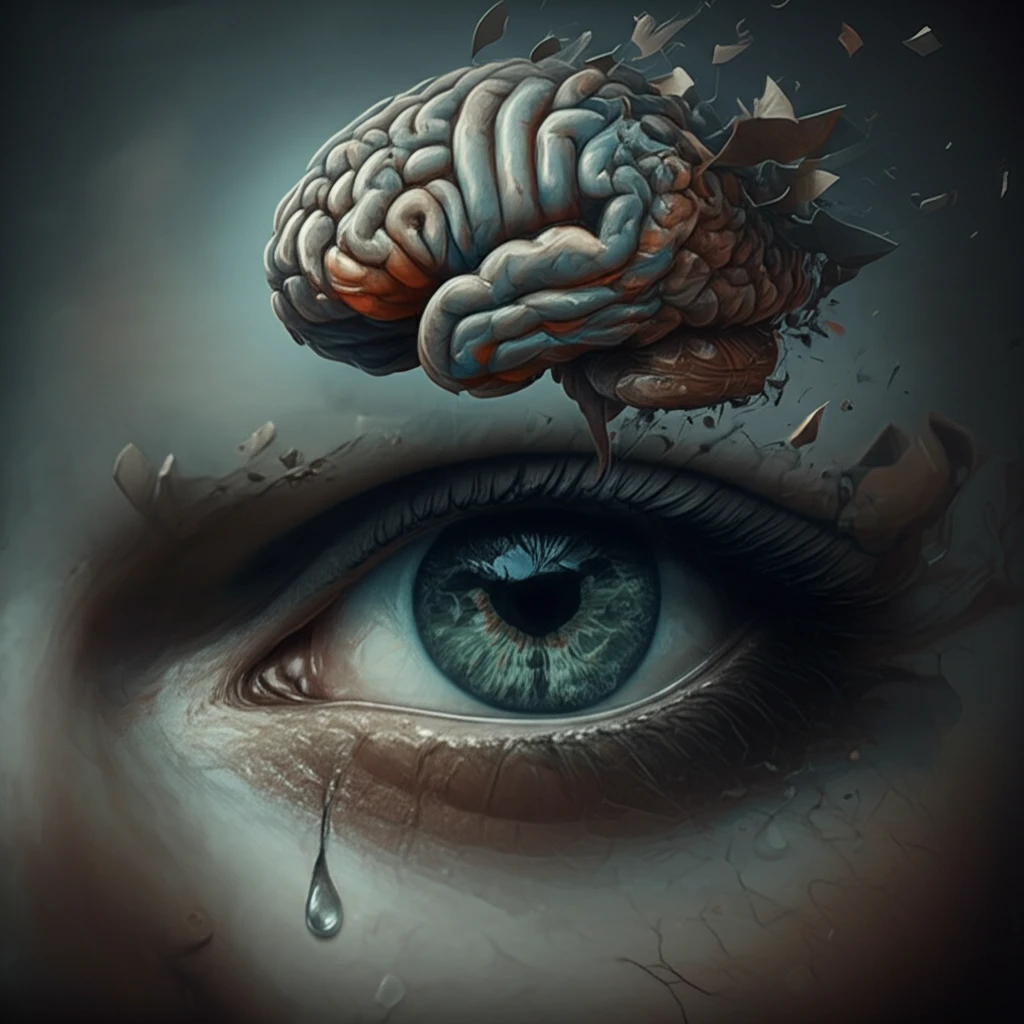
Is Your Dry Eye More Than Just Dryness? The Surprising Link Between Dry Eyes, ADHD, and Depression
"New research reveals how dry eye disease can be connected to mental health, impacting both diagnosis and treatment."
Dry eye disease (DED) is a widespread condition affecting millions, characterized by discomfort, visual disturbances, and tear film instability. While often viewed as a purely physical ailment, emerging research suggests a deeper connection to mental health, particularly depression and ADHD. This challenges traditional approaches, highlighting the need for a more holistic perspective.
Traditionally, diagnosis relies on symptom reporting and clinical examinations. However, these subjective experiences don't always align. This inconsistency underscores the complexity of DED and prompts further investigation into underlying factors, including psychological conditions.
Recent studies have started to uncover significant correlations between dry eye disease and various psychiatric symptoms. This article explores these connections, drawing from a study examining the prevalence of depression, anxiety, ADHD, job stress, and sleep problems in individuals with dry eye disease. We'll delve into the implications and explore how this knowledge can lead to better diagnosis and more comprehensive treatment strategies.
The Surprising Connection: Dry Eyes, ADHD, and Mental Well-being

A groundbreaking study conducted in Korea sheds light on the intricate relationship between dry eye disease and mental health. Researchers compared individuals experiencing dry eye symptoms with a control group to assess differences in depression, anxiety, ADHD, job stress, and sleep problems. The findings revealed a significant association between dry eye disease and these psychological factors, suggesting a more complex interplay than previously understood.
- Ocular Surface Disease Index (OSDI): Indicating greater discomfort and functional limitations related to dry eye symptoms.
- Center for Epidemiological Studies-Depression Scale (CES-D): Suggesting a higher prevalence of depressive symptoms.
- Korean Adult Attention Deficit Hyperactivity Disorder Scales (K-AADHS): Highlighting a potential link between dry eye disease and ADHD.
- Korean version of Pittsburgh Sleep Quality Index (PSQI-K): Implying poorer sleep quality among individuals with dry eye disease.
A Holistic Approach to Dry Eye Treatment
Given the strong associations between dry eye disease and mental health challenges, a holistic approach to treatment is essential. Addressing both the physical and psychological aspects of the condition can lead to better outcomes and improved quality of life. It highlights the need for collaborative care, involving ophthalmologists and mental health professionals.
